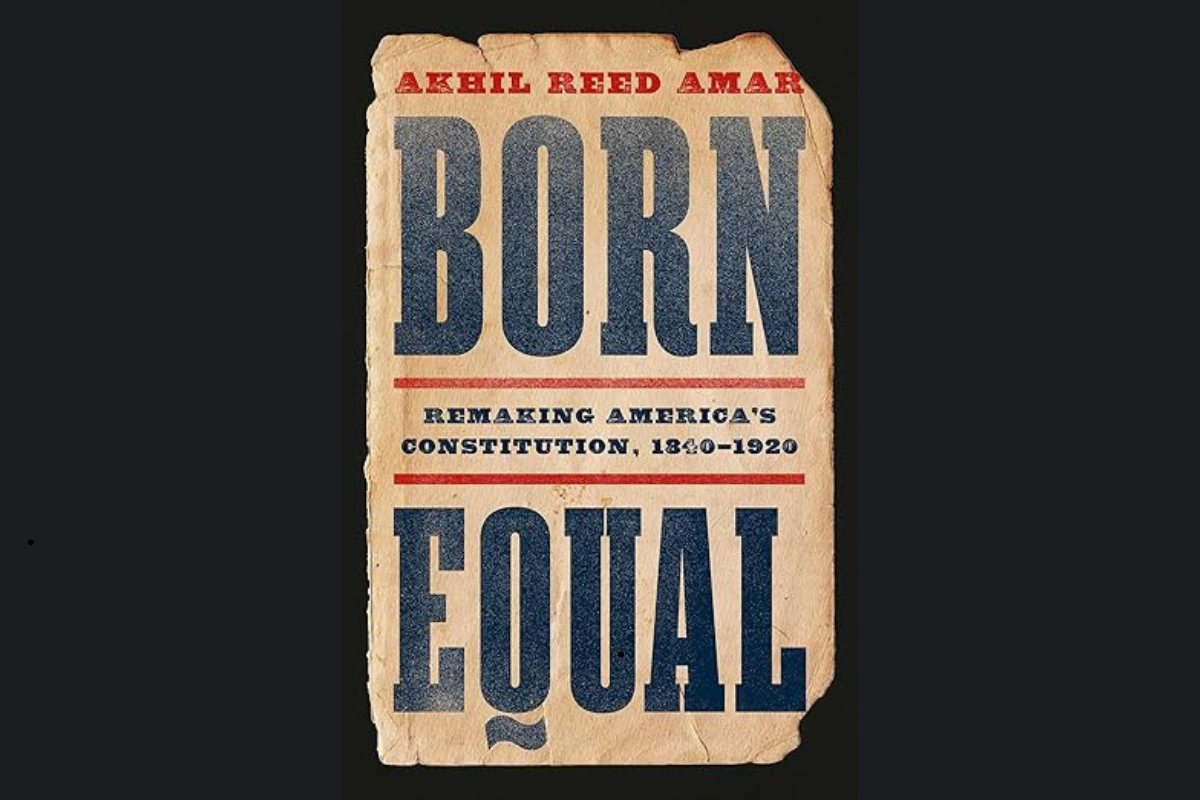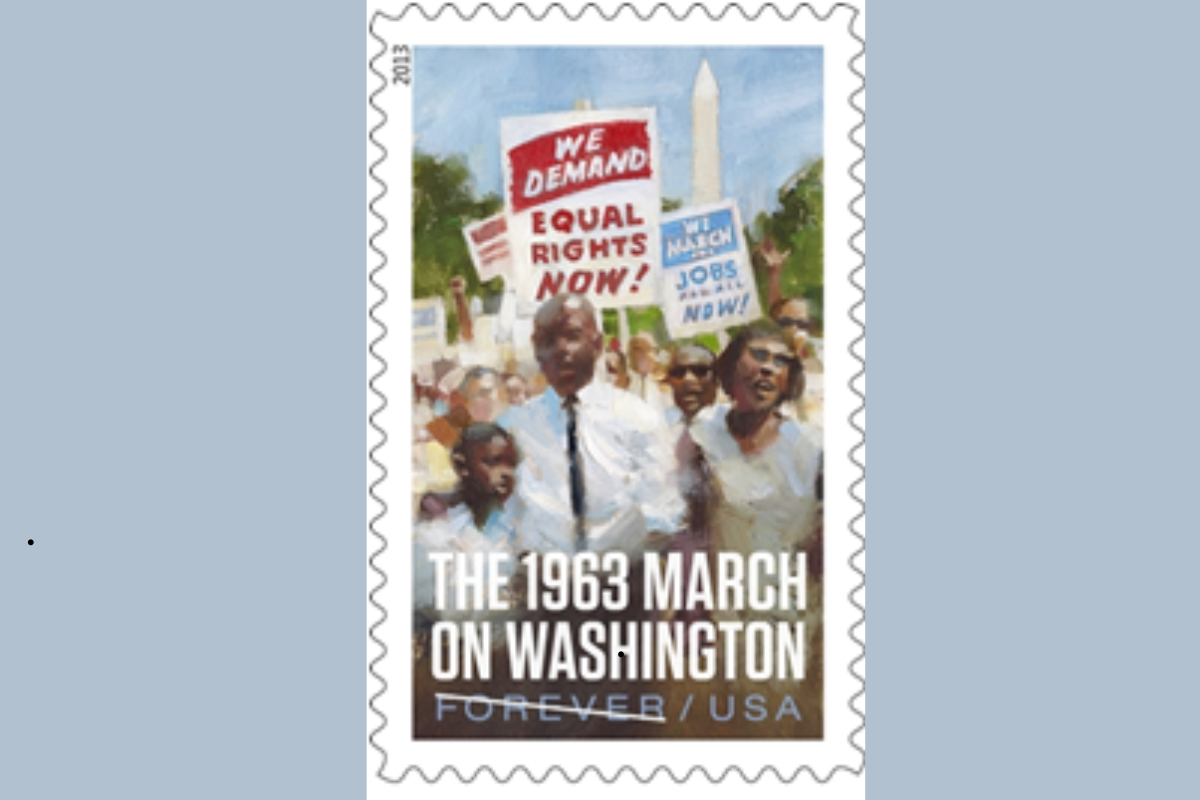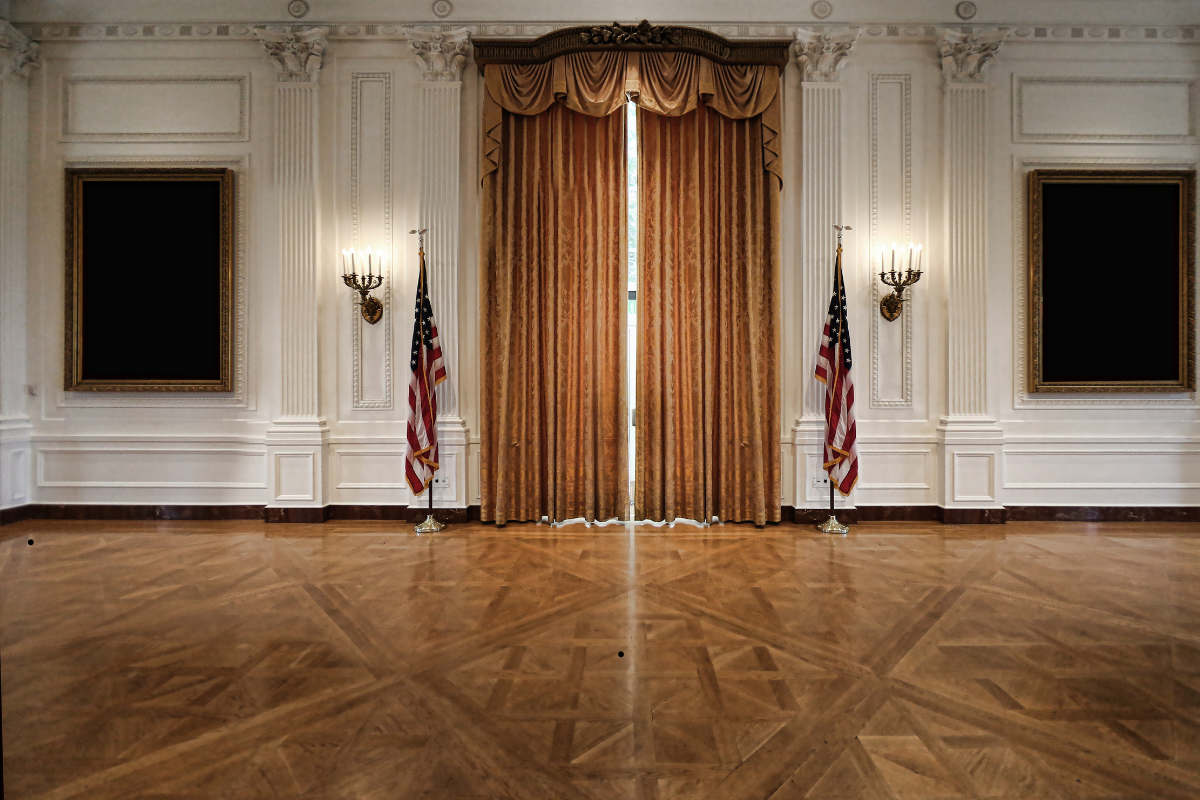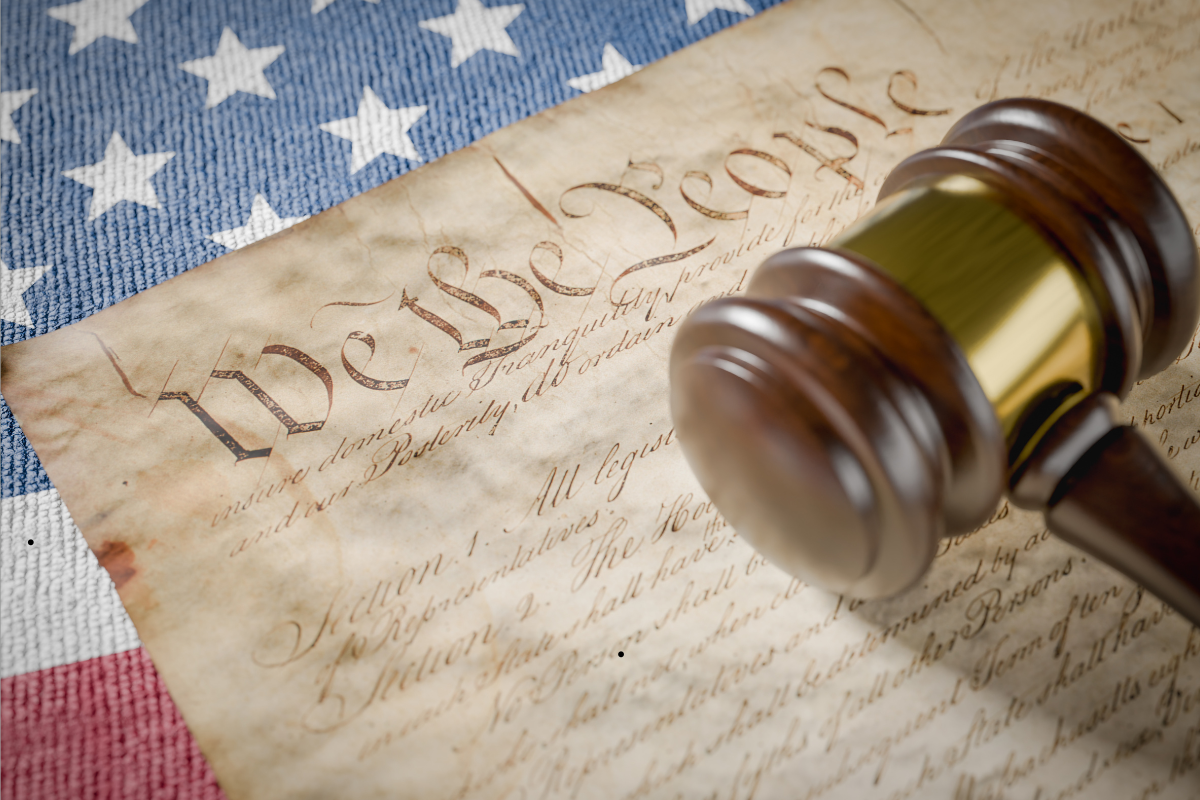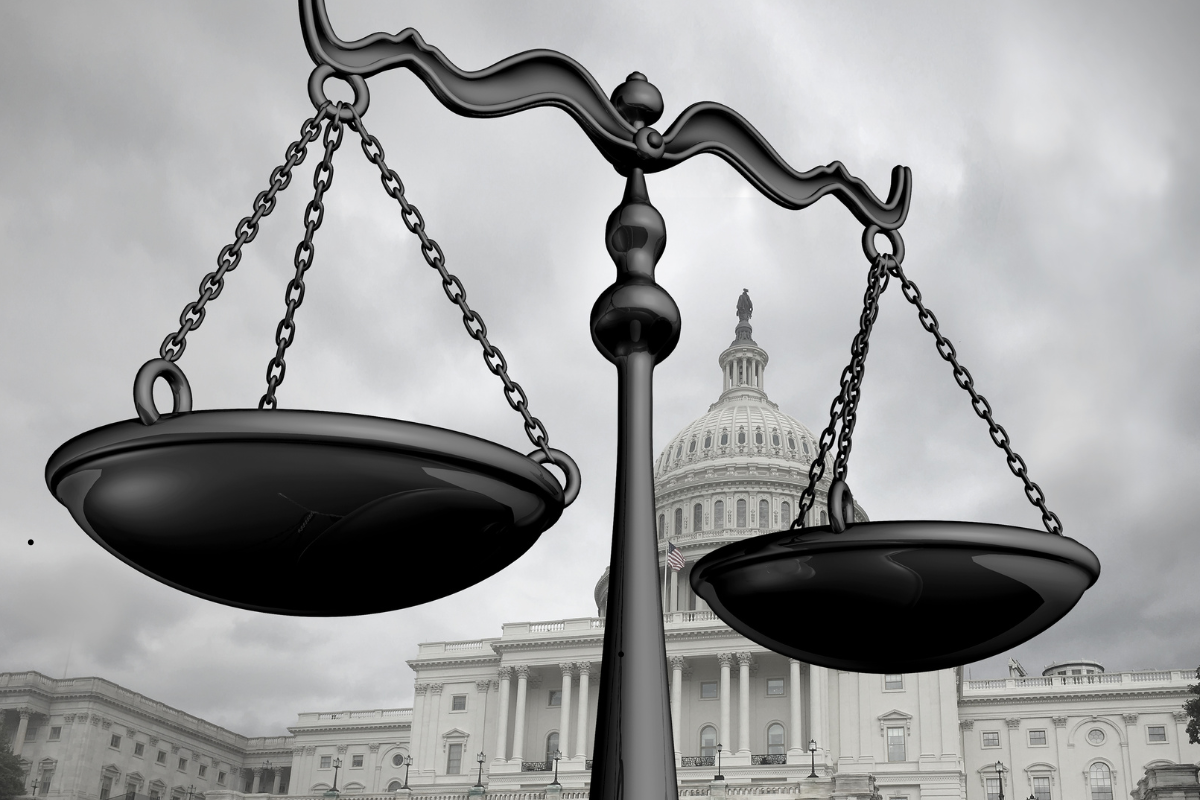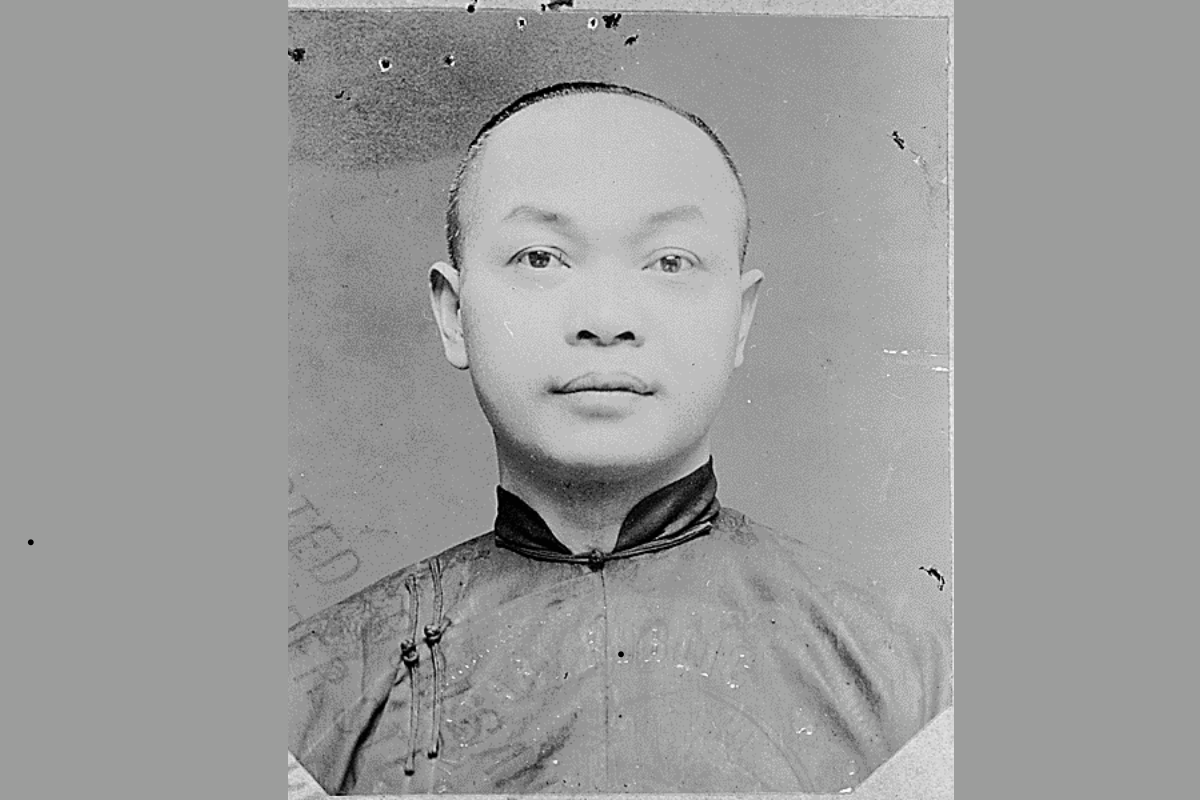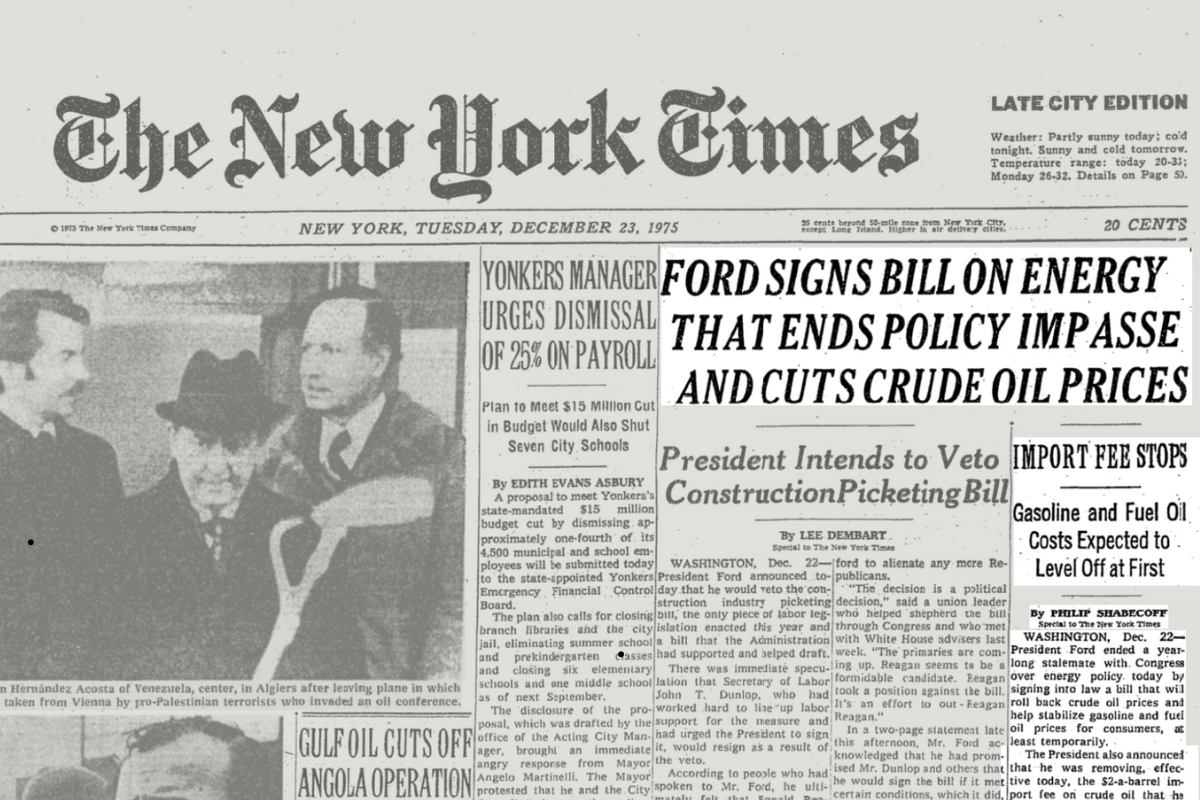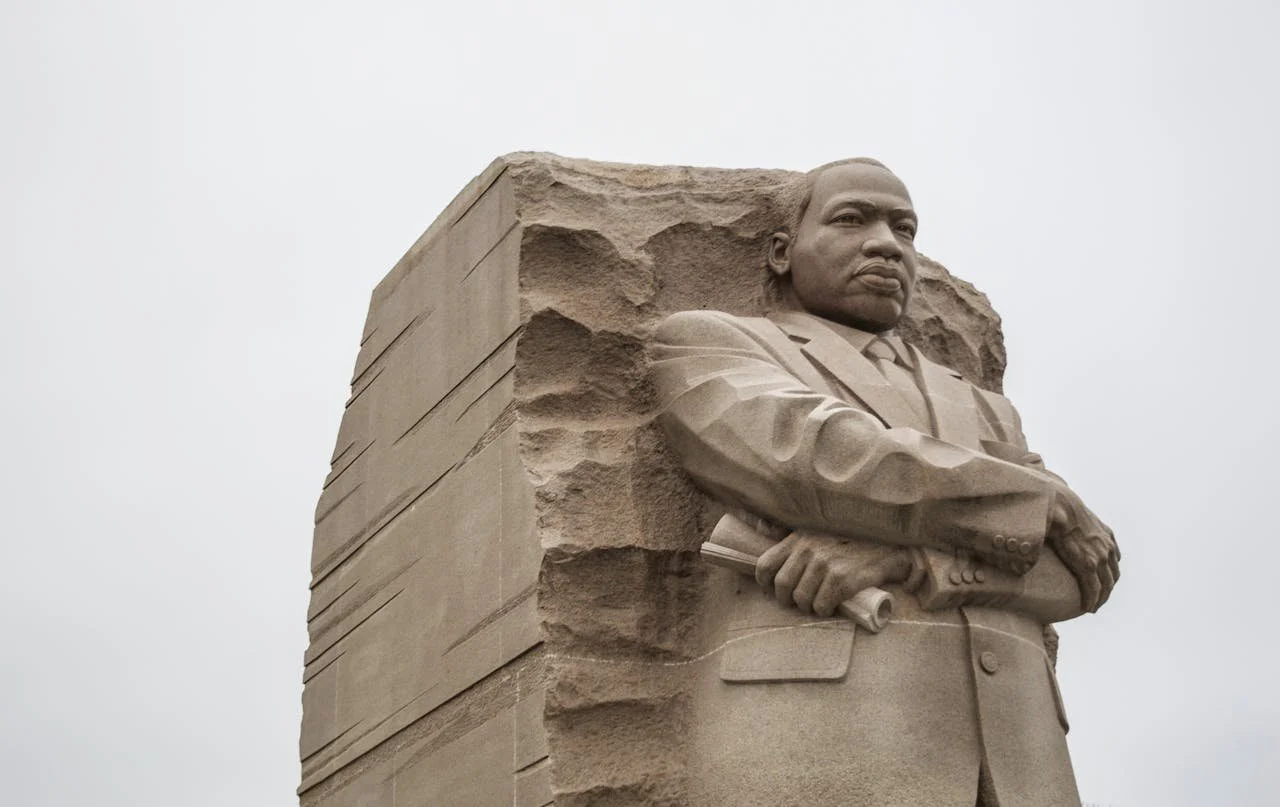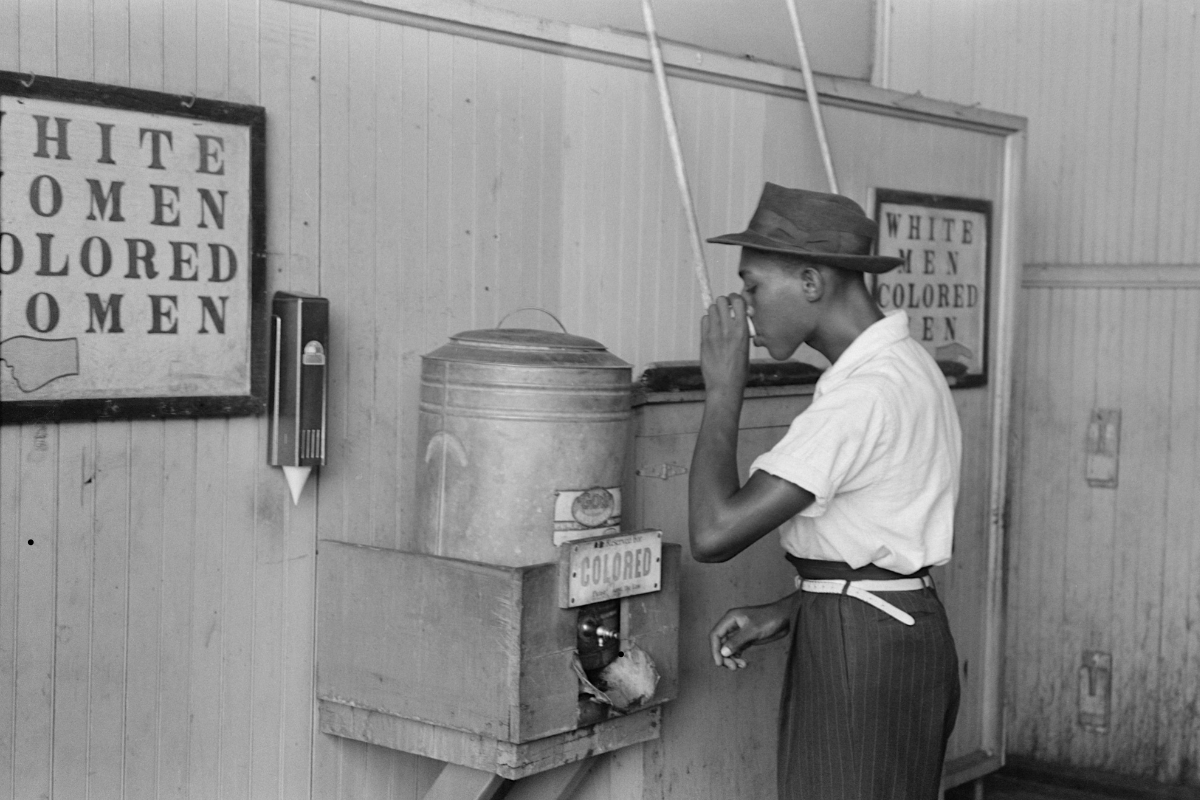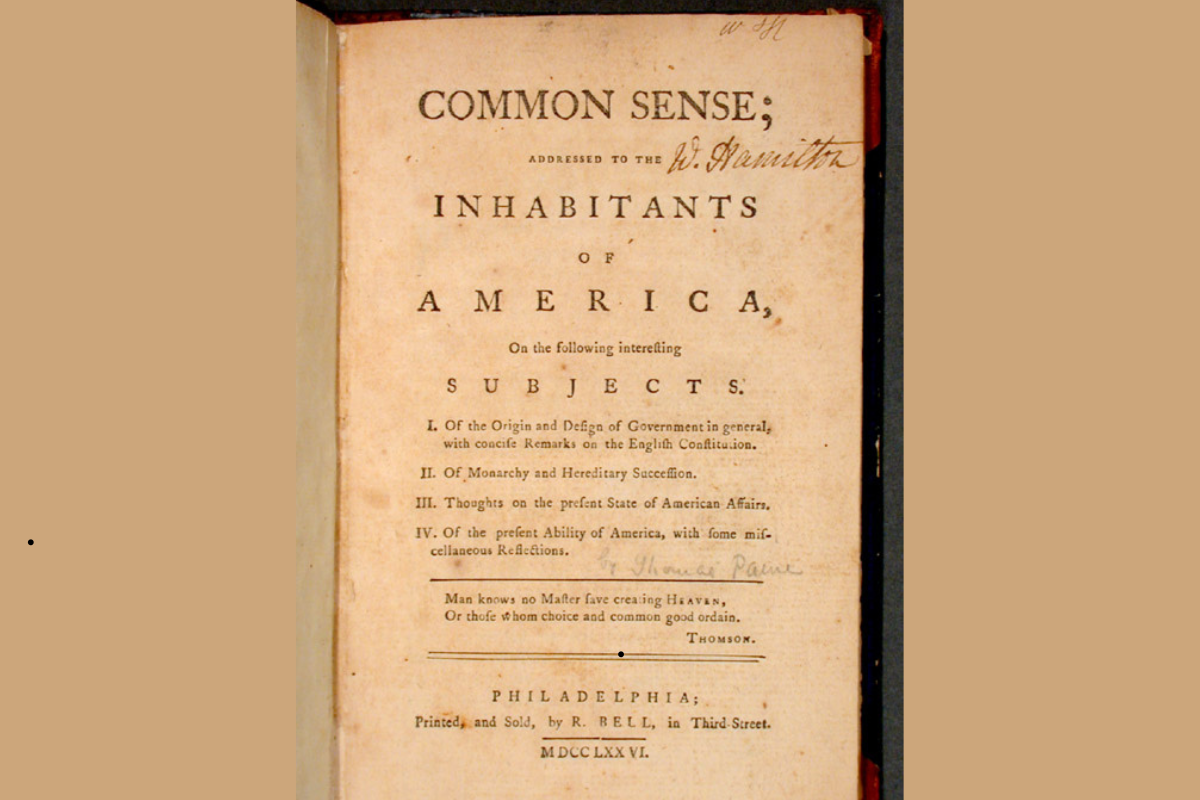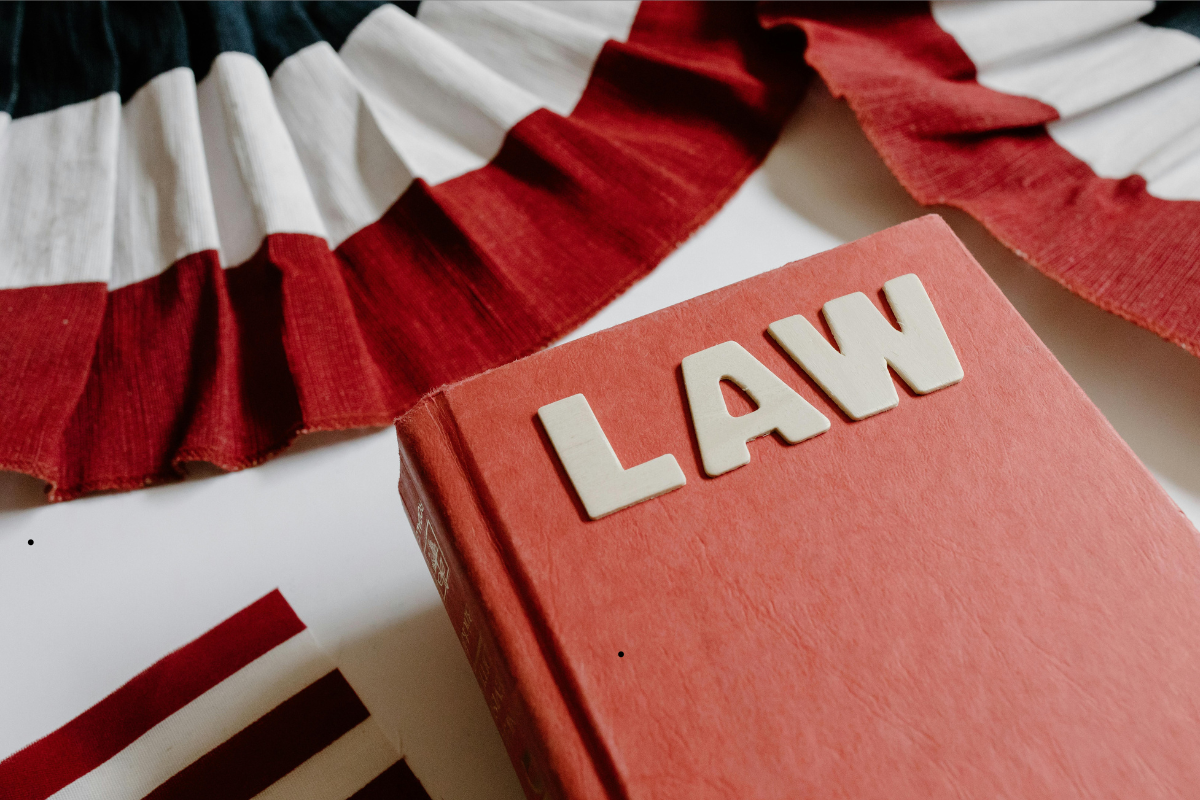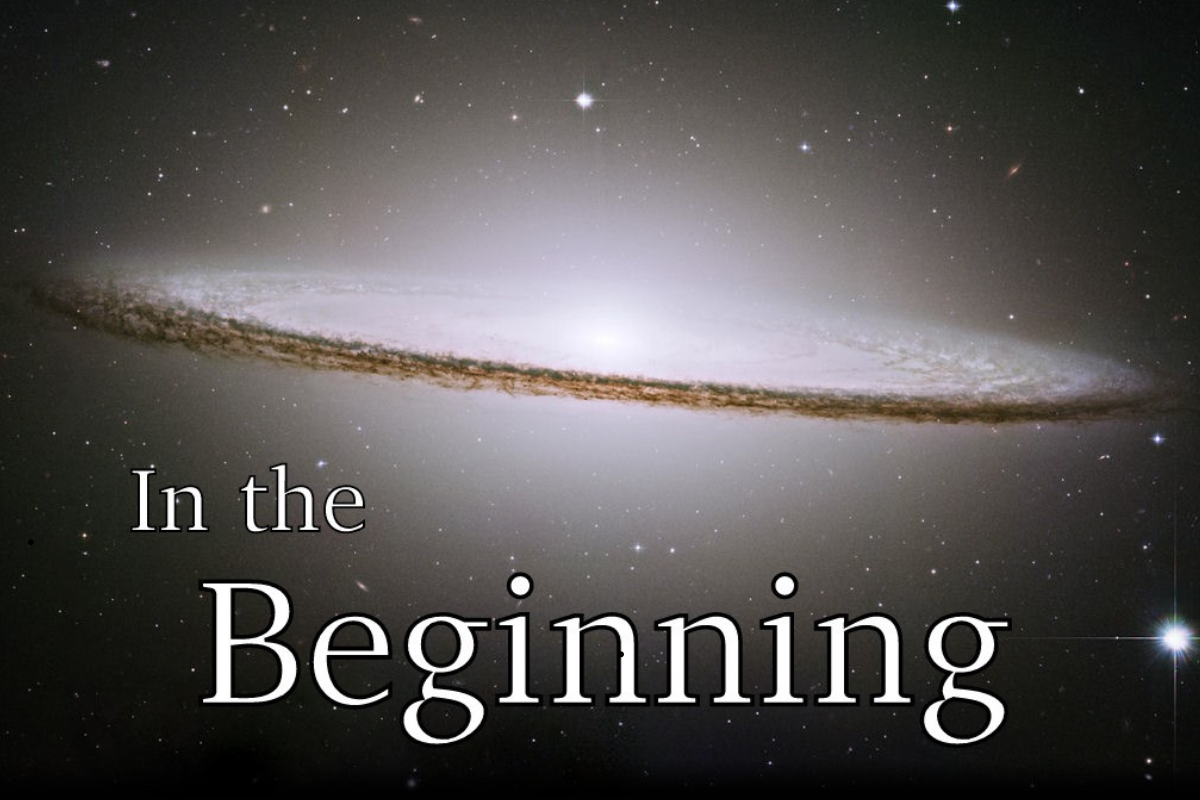
Michael P. Federici
Michael Federici is Professor of Political Science at Middle Tennessee State University and chair of the Department of Political Science and International Relations. He served on the faculty at Mercyhurst University from August 1993-May 2017 (seven years as department chair). While at Mercyhurst, he was Faculty Senate President and on the University’s Board of Trustees from 2011-2013 and 2007-2009. He is in his twenty-ninth year of college teaching. He received his Ph.D. (1990) and M.A. (1985) in Politics from The Catholic University of American in Washington, D.C., and his B.S. in Economics from Elizabethtown College (1983). Dr. Federici has published five books, The Challenge of Populism (1991), Eric Voegelin: The Restoration of Order (2002), The Political Philosophy of Alexander Hamilton published by Johns Hopkins University Press (June 2012), Rethinking the Teaching of American History, (an edited volume; Butler Books 2012), and a co-edited collection of essays entitled, The Culture of Immodesty in American Life and Politics: The Modest Republic (Palgrave Macmillan, May 2013). He has also published several articles and book reviews. Dr. Federici’s teaching and research areas include American Politics, Constitutional Law, Political Theory, and American Political Thought.
Read Michael P. Federici’s Essays




